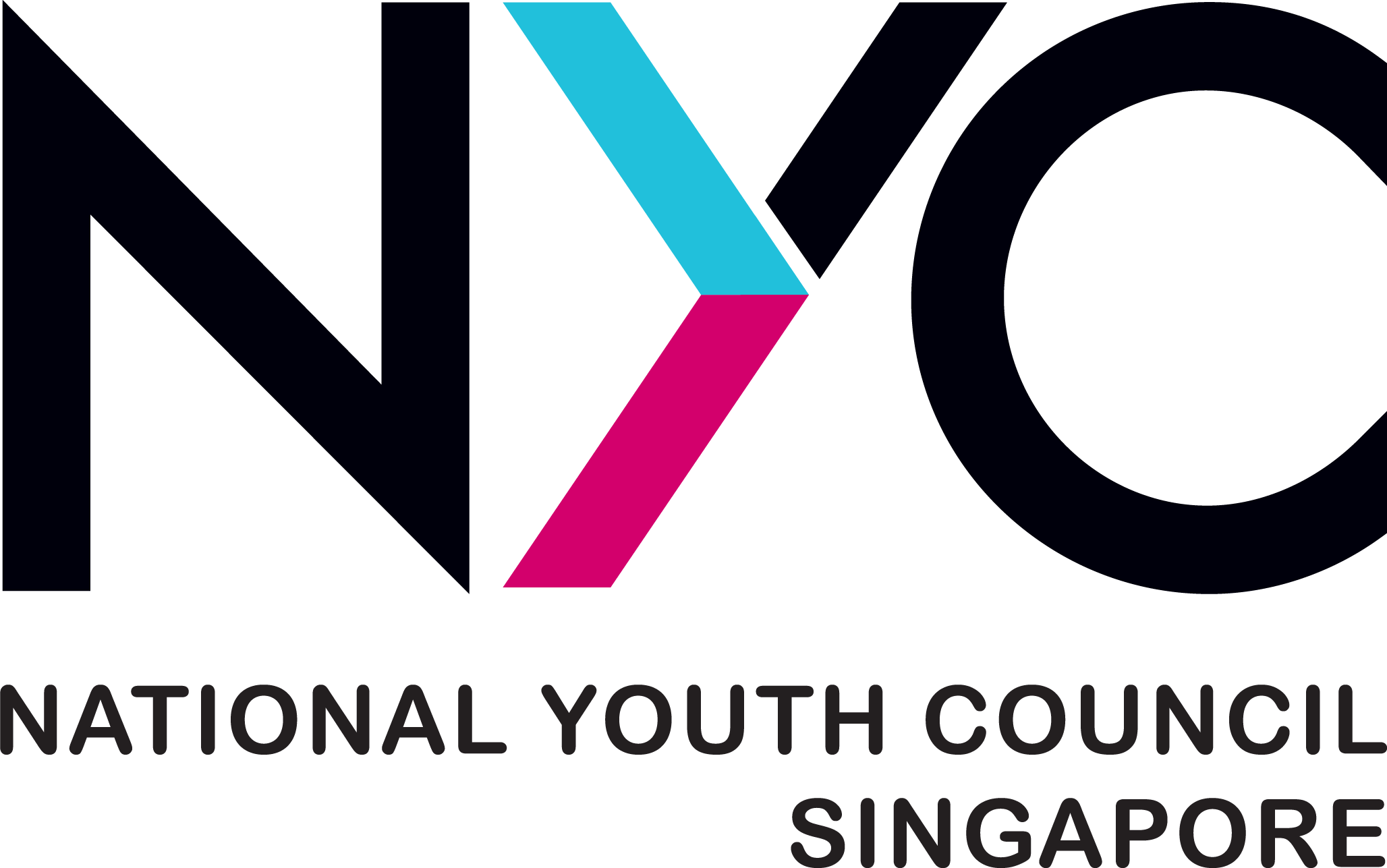Why youths volunteer: Navigating the fine lines in interpersonal relationships
7 December 2023
A volunteering trip to Chiang Mai, Thailand, taught Jonasta some life lessons.
Written by: Amanda Tan
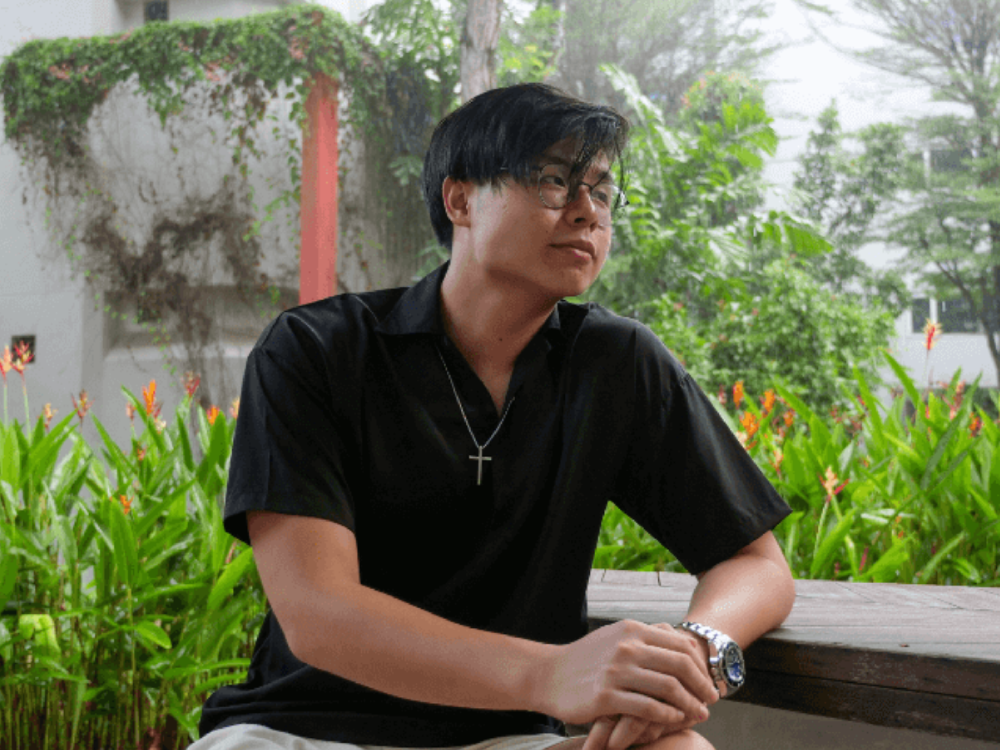
In this Why Youths Volunteer series, we hear from Youth Corps Singapore volunteers about how they got involved with volunteerism and what motivates them to continue serving the community.
We spoke to Jonasta Chua, who stepped up to be a team lead in his recent YEP to Chiang Mai, Thailand.
For those with an eager heart to help, volunteering can sometimes take the form of continuous giving. For lower-income families we give food, and for young children we shower them with gifts.
However, at what point does this act of giving begin to strip away the recipient’s dignity?
This is why 19-year-old Jonasta Chua keeps a golden rule in mind when engaging in community service: To know his limits.
It was Jonasta’s biggest takeaway from the recent Youth Expedition Project (YEP) – an overseas Service-learning programme by Youth Corps Singapore for youths to serve and learn from the communities in Asia – to Chiang Mai. Organised by Singapore Polytechnic where he studies, Jonasta led 19 other peers in September to teach Thai students conversational English, along with other useful skills like financial literacy. However, he later learned that the things he planned to teach – like time management – wasn’t what the students wanted to learn.
“Even though it’s useful to them, is it really their priority right now? Their lifestyle is so much different from ours. We are in an urban city, everyday we are hustling, we are progressing so much faster whereas their culture is more laid back and relaxed,” shares the Singapore Polytechnic student. “Just because we use it and we need it, does not necessarily mean they need it as well.”
He and his team had also intended to give the students basic necessities such as soap and toothbrushes. But they realised that they had assumed the Thai students lacked the means to buy those items, and it may come across as if they looked down on them. In the end, they only provided blankets as they felt like it could be something the students would utilise, seeing how despite the cold weather, not many of them had proper clothing to keep themselves warm.
In hindsight, Jonasta suggests that one way volunteers can educate themselves is by analysing what the community really needs through recce trips and checking with the organisations they’re working with.
“We had a YMCA staff who would constantly help us contact the different recipients to find out what are some of the necessities that they really need, instead of just assuming and giving them,” he says.
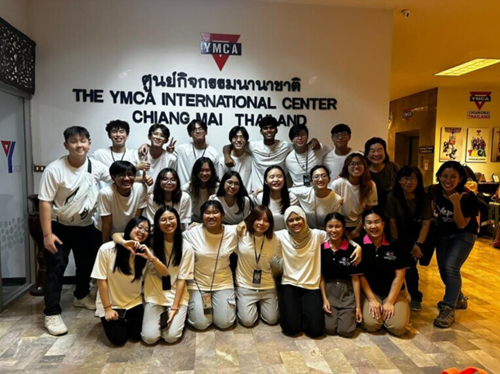
It took Jonasta and his co-leaders over a year to plan for the trip. The process involved plenty of back-and forth with the various organisations. PHOTO CREDIT: JONASTA CHUA
The YEP trip felt like an opportunity for Jonasta to showcase his leadership. He shares: “I feel like I’m a natural leader at heart. I enjoy leading and I enjoy taking charge of a group of people to have a direction and a common goal.”
To prepare for the 11-day trip, Jonasta and his two co-leaders had to undergo a series of training.
One of them was a day camp, called Field Experience II, organised by Youth Corps which equipped them with essential skills such as facilitating large groups, conducting meaningful activities, implementing safety protocols and managing the emotional well-being of participants during their time overseas.
He also took part in Mission X, another programme organised by Youth Corps that supports the learning and development in community leadership. In Mission X, he experienced firsthand the facilitation of various activities, including modules on poverty awareness.
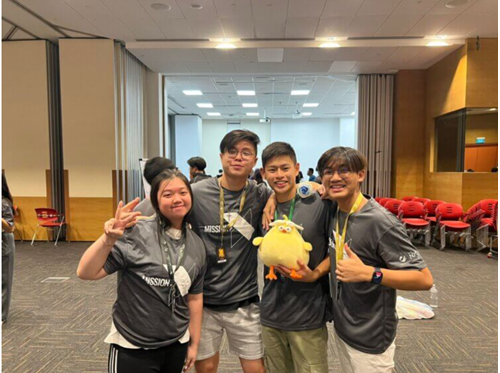
Jonasta had looked forward to attending Mission X after seniors shared their experiences with him. He recalls it being a highly sought after camp. PHOTO CREDIT: JONASTA CHUA
The two camps placed him on different ends of the spectrum and this dual perspective allowed him to gain a deeper understanding of the impact of facilitation on participants. It provided him with insights into how to conduct facilitation in a way that truly resonates with and influences participants.
Jonasta also participated in a third session by his school where he made a trip down to Red Cross Home to assist persons with disabilities, most of whom were non-verbal. The experience taught him the importance of understanding nonverbal cues such as gauging facial expressions and gestures, which served to be particularly relevant to his trip to Chiang Mai, where language barriers were evident.
“It is important that we know how to read their facial expressions and understand whether or not they’re enjoying what we’re truly teaching them. I think what’s most important in everything that you do is enjoyment. As much as we want them to take away something, we want them to have fun and enjoy what we’re teaching them,” shares Jonasta.
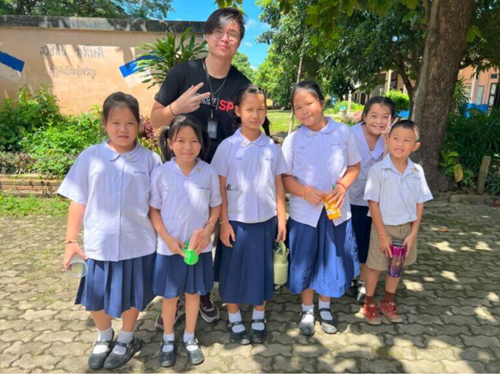
Jonasta and his team also tried their best to expose the students to the Singapore culture through arts and crafts activities and memory games. PHOTO CREDIT: JONASTA CHUA
Being able to handle the relationship with the Thai students wasn’t his only hurdle. Jonasta also had to learn how to manage his relationships with his participants which proved to be more difficult than expected. As much as he enjoys being a leader, Jonasta admits: “I would say that leading this trip, specifically, is outside of my comfort zone, because I think nothing can really prepare you to lead a group of 20 students in a foreign country.”
One of the biggest challenges he faced was knowing how to befriend and connect with his participants while still maintaining his authority as a leader.
The trip turned out to be a success, says Jonasta, adding: “I measure the level of success by looking at how it impacted my participants…the impact must be strong enough for them to have a strong sense of wanting to contribute back to the community, and to recognise how privileged they truly are living in Singapore.”
Jonasta recalls on the last day of the trip, his participants mentioned that they were keen on volunteering more and even sought advice from him as to how else they can give back, starting from the communities in Singapore. A number of them also expressed interest in following in his footsteps and becoming the next YEP leader.
“(It’s) something I’m really proud of because you have to do a good job, and the participants must have enjoyed the trip, in order for them to want to do the same thing.”
Reflecting on the overall experience, Jonasta shares a quote by Winnie the Pooh: “We didn’t realise we were making memories, we just knew we were having fun.” A sentimental person, Jonasta resonates deeply with this quote, highlighting that with volunteering, it may seem like just something done in the moment.
“But really, when you look back, you realise how meaningful it truly is and how much you want to go back to that moment.”
